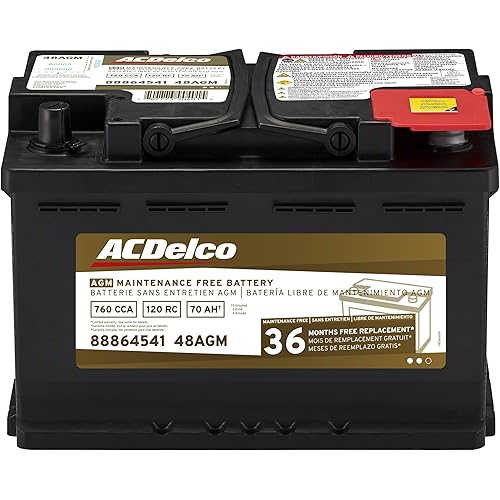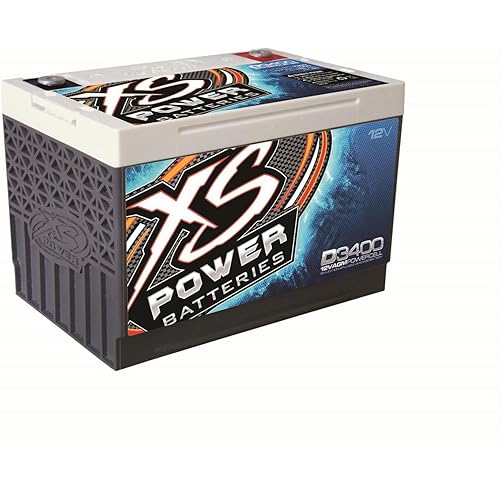DC HOUSE 12V 100AH LiFePO4 Lithium Battery, Group 31 100AH Marine Battery with 100A BMS, Up to 15000 Deep Cycles Battery for RV, Solar, Trolling Motor, Travel Trailer, Energy Storage- Off Grid









Buy Now, Pay Later
- – 6-month term
- – No impact on credit
- – Instant approval decision
- – Secure and straightforward checkout
Ready to go? Add this product to your cart and select a plan during checkout.
Payment plans are offered through our trusted finance partners Klarna, Affirm, Afterpay, Apple Pay, and PayTomorrow. No-credit-needed leasing options through Acima may also be available at checkout.
Learn more about financing & leasing here.
Non-returnable. Transportation of this item is subject to hazardous materials regulation
View our full returns policy here.
Recently Viewed
Features
- Light Weight and Mini in Size DC HOUSE lithium iron phosphate battery provides 1280 Wh full energy output, only 30% of the weight and 45% of the size of lead-acid batteries., easy to move and install, energy density of 57 WH/Lb, is the perfect replacement for SLA/AGM batteries, our battery life is up to 10 years, life cycle up to more than 3000 times.
- Automatic BMS : The built-in Battery Management System (BMS) protects your battery from overcharge and Discharge, Current, and Short Short-circuiting, for increased performance and longer life. The BMS will automatically cut off the battery and the voltage will drop below 1V.
- Wide Application: LiFePo4 lithium battery is the most stable battery and it is perfect for RV, Boat, Trolling Motor, Fish Finders, Ice Fishing, Camping, Solar System, and Home Alarm Systems. Please charge the battery with a dedicated LITHIUM BATTERY CHARGER, and no more than 4 batteries in series or parallel.
- Reliable and Secure: DC HOUSE 12V 100Ah LiFePO4 batteries adopt advanced Grade A LiFePO4 Cells and it has UL/UN38.3 certificated.The internal structure has been optimized with new structural parts to make the battery more compact, enhance the high performance of the cells, and ensure safety. With 100Ah capacity smart BMS, the long-term performance and reliability make the cost 100% worth it. They can provide reliable electric support when you use multiple appliances.
Brand: DC HOUSE
Size: 12V 100AH
Product Dimensions: 6.61"D x 10.23"W x 9.23"H
Number Of Cells: 1
Terminal: M8
Manufacturer: DC HOUSE
Manufacturer: DC HOUSE
Brand: DC HOUSE
Model: 12V 100AH
Item Weight: 23.8 pounds
Product Dimensions: 6.61 x 10.23 x 9.23 inches
Item model number: 12V 100AH battery
Batteries: 4 A batteries required.
Manufacturer Part Number: 1211800006-1T1
Amperage: 100 Amps
Date First Available: May 27, 2023
Frequently asked questions
Non-returnable. Transportation of this item is subject to hazardous materials regulation
View our full returns policy here.
- Klarna Financing
- Affirm Pay in 4
- Affirm Financing
- Afterpay Financing
- PayTomorrow Financing
- Financing through Apple Pay
Learn more about financing & leasing here.
Similar Products
Top Amazon Reviews



























